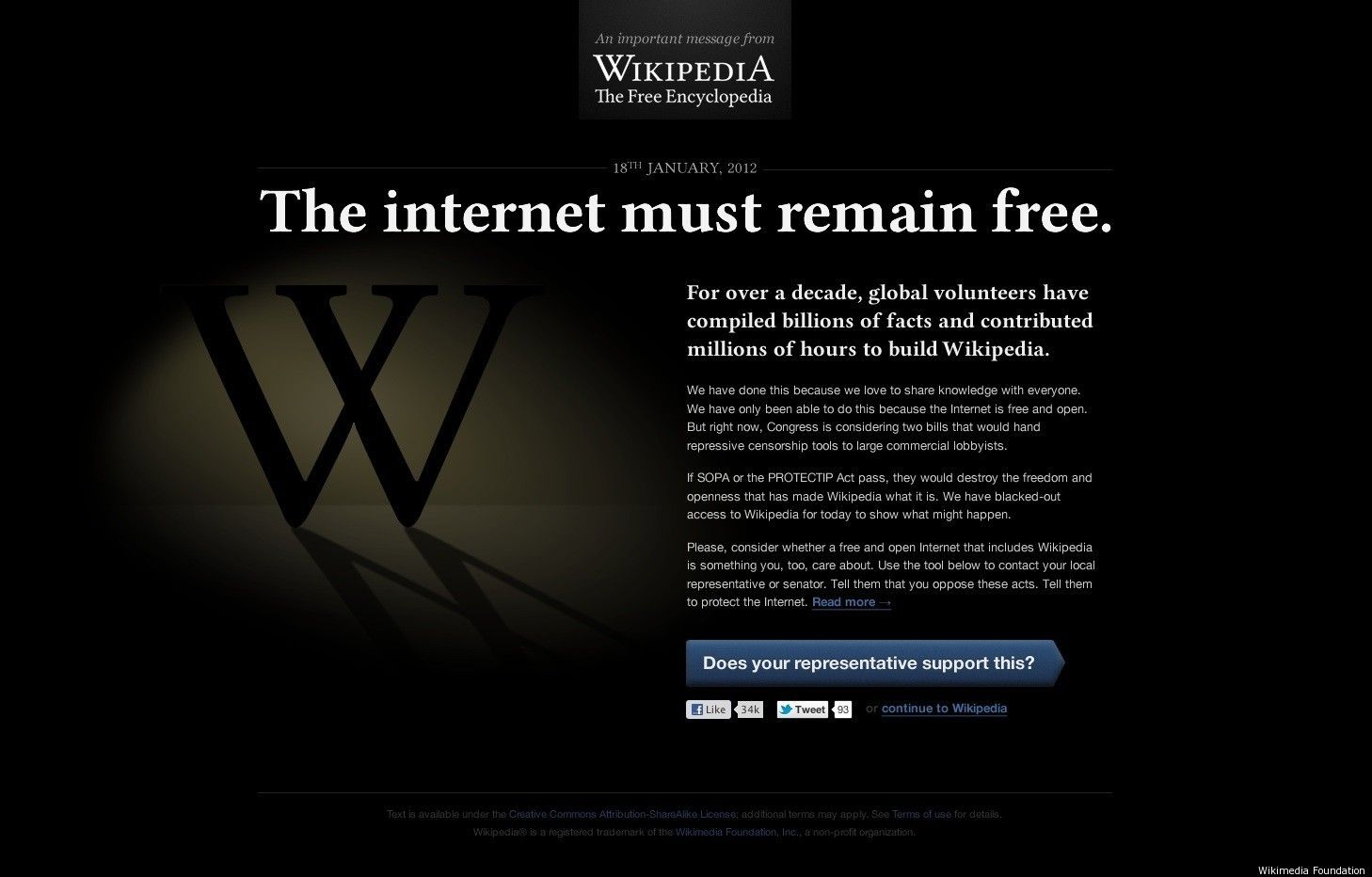I say to you this morning, that if you have never found something so dear and so precious to you that you will die for it, then you aren’t fit to live.
You may be 38 years old as I happen to be, and one day some great opportunity stands before you and calls upon you to stand up for some great principle, some great issue, some great cause–and you refuse to do it because you are afraid; you refuse to do it because you want to live longer; you’re afraid that you will lose your job, or you’re afraid that you will be criticized or that you will lose your popularity or you’re afraid that somebody will stab you or shoot at you or bomb your house, and so you refuse to take the stand.
Well you may go on and live until you are 90, but you’re just as dead at 38 as you would be at 90! And the cessation of breathing in your life is but the belated announcement of an earlier death of the spirit.
You died when you refused to stand up for right, you died when you refused to stand up for truth, you died when you refused to stand up for justice.
Who are the victims of civil liberties assaults and Endless War?
By Glenn Greenwald, Salon
Monday, Jan 16, 2012 7:29 AM
Part of the debate over the last couple weeks among progressives regarding political priorities, the Obama presidency, the Ron Paul candidacy and the like has entailed a litany of accusations – smears – hurled at those of us who insist on the prioritization of issues of war and civil liberties abuses, and who vocally highlight the ways in which the Democratic Party generally and President Obama specifically have been so awful on these matters. Some Democratic loyalists have explicitly argued that contrasting Obama with Ron Paul on these issues is warped because issues of war and civil liberties are, at best, ancillary concerns, while others have gone so far as to claim that only racial and/or gender bias – white male “privilege” – would cause someone to use the Paul candidacy to highlight how odious Obama has been in these areas.
Leaving aside the fact that (as I detail in the discussion with Pollitt), numerous women and people of color have made the same points about the vital benefits of Paul’s candidacy – voices which these accusers tellingly ignore and silence – these accusations are pure projection. Those who were operating from such privilege would not seek to prioritize issues of war and civil liberties; that’s because it isn’t white progressives and their families who are directly harmed by these heinous policies. The opposite is true: it’s very easy, very tempting, for those driven by this type of “privilege” – for non-Muslims in particular- to decide that these issues are not urgent, that Endless War and civil liberties abuses by a President should not be disqualifying or can be tolerated, precisely because these non-Muslim progressive accusers are not acutely affected by them. The kind of “privilege” these accusers raise would cause one to de-prioritize and accept civil liberties abuses, drone slaughter, indefinite detention and the like (i.e, do what they themselves do), not demand that significant attention be paid to them when assessing political choices.
First they came for the communists,
and I didn’t speak out because I wasn’t a communist.
Then they came for the trade unionists,
and I didn’t speak out because I wasn’t a trade unionist.
Then they came for the Jews,
and I didn’t speak out because I wasn’t a Jew.
Then they came for the Catholics,
and I didn’t speak out because I was Protestant.
Then they came for me
and there was no one left to speak out for me.
–Niemöller
Birmingham Jail–
We should never forget that everything Adolf Hitler did in Germany was “legal” and everything the Hungarian freedom fighters did in Hungary was “illegal.” It was “illegal” to aid and comfort a Jew in Hitler’s Germany. Even so, I am sure that, had I lived in Germany at the time, I would have aided and comforted my Jewish brothers. If today I lived in a Communist country where certain principles dear to the Christian faith are suppressed, I would openly advocate disobeying that country’s antireligious laws.
I must make two honest confessions to you, my Christian and Jewish brothers. First, I must confess that over the past few years I have been gravely disappointed with the white moderate. I have almost reached the regrettable conclusion that the Negro’s great stumbling block in his stride toward freedom is not the White Citizen’s Counciler or the Ku Klux Klanner, but the white moderate, who is more devoted to “order” than to justice; who prefers a negative peace which is the absence of tension to a positive peace which is the presence of justice; who constantly says: “I agree with you in the goal you seek, but I cannot agree with your methods of direct action”; who paternalistically believes he can set the timetable for another man’s freedom; who lives by a mythical concept of time and who constantly advises the Negro to wait for a “more convenient season.” Shallow understanding from people of good will is more frustrating than absolute misunderstanding from people of ill will. Lukewarm acceptance is much more bewildering than outright rejection.
I had hoped that the white moderate would understand that law and order exist for the purpose of establishing justice and that when they fail in this purpose they become the dangerously structured dams that block the flow of social progress. I had hoped that the white moderate would understand that the present tension in the South is a necessary phase of the transition from an obnoxious negative peace, in which the Negro passively accepted his unjust plight, to a substantive and positive peace, in which all men will respect the dignity and worth of human personality. Actually, we who engage in nonviolent direct action are not the creators of tension. We merely bring to the surface the hidden tension that is already alive. We bring it out in the open, where it can be seen and dealt with. Like a boil that can never be cured so long as it is covered up but must be opened with all its ugliness to the natural medicines of air and light, injustice must be exposed, with all the tension its exposure creates, to the light of human conscience and the air of national opinion before it can be cured.
(op. cite)
Where you going this morning, my friends, tell the world that you’re going with truth. You’re going with justice, you’re going with goodness, and you will have an eternal companionship. And the world will look at you and they won’t understand you, for your fiery furnace will be around you, but you’ll go on anyhow. But if not, I will not bow, and God grant that we will never bow before the gods of evil.
(h/t welshTerrier2)


 On this day in 1865, the United States
On this day in 1865, the United States  Over the weekend the discussion about bills pending in Congress that would change the Internet has started to get some attention. Opposition to
Over the weekend the discussion about bills pending in Congress that would change the Internet has started to get some attention. Opposition to 
Recent Comments